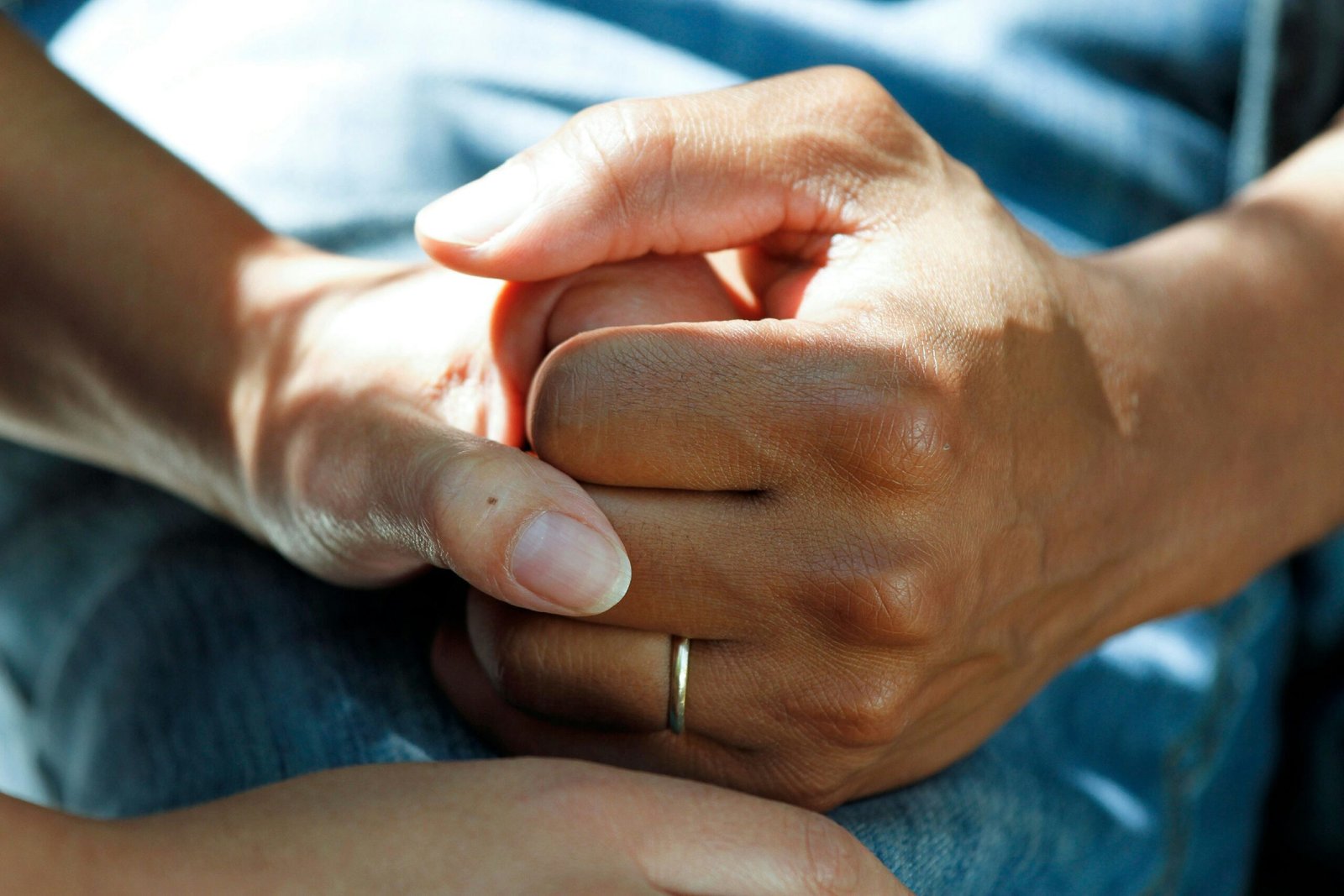
Living with a chronic condition can be challenging, but thanks to advancements in technology, managing your health has become easier than ever before. With the rise of smartphones and wearable devices, there is now a wide range of apps and devices available to help you monitor and track your health from the comfort of your own home. In this article, we will explore some of the top tech solutions for chronic care.
1. Health Monitoring Apps
Health monitoring apps have revolutionized the way we track our health. Whether you have diabetes, heart disease, or any other chronic condition, there is likely an app available to help you manage your symptoms and stay on top of your health.
These apps allow you to log and track various health metrics such as blood sugar levels, blood pressure, heart rate, and more. They also provide personalized insights and recommendations based on your data, helping you make informed decisions about your health.
Some popular health monitoring apps include MyFitnessPal, which helps you track your diet and exercise, and Glucose Buddy, which is designed specifically for people with diabetes. These apps not only provide valuable data but also offer support and motivation to help you stay on track.
2. Wearable Devices
Wearable devices, such as smartwatches and fitness trackers, have become increasingly popular in recent years. These devices not only track your daily activity but also offer advanced health monitoring features.
For example, some smartwatches can monitor your heart rate, sleep patterns, and even detect irregular heart rhythms. This information can be invaluable for people with chronic conditions, as it allows them to keep a close eye on their health and detect any changes or abnormalities.
Additionally, some wearable devices can track your steps, calories burned, and even provide guided breathing exercises to help you manage stress. These features can be particularly beneficial for individuals with conditions such as obesity or anxiety.
3. Remote Patient Monitoring
Remote patient monitoring is another tech solution that has gained popularity in recent years. This approach allows healthcare providers to monitor patients’ health remotely, reducing the need for frequent in-person visits.
With remote patient monitoring, patients can use devices such as blood pressure monitors, glucose meters, and pulse oximeters to measure their vital signs at home. The data is then transmitted to their healthcare provider, who can review it and provide necessary feedback or adjustments to their treatment plan.
This technology not only improves convenience for patients but also allows healthcare providers to intervene earlier if any issues arise. It can be particularly beneficial for individuals who live in remote areas or have difficulty traveling to medical appointments.
4. Medication Management Apps
For individuals with chronic conditions that require medication, keeping track of prescriptions and dosage schedules can be challenging. Luckily, there are now apps available that can help you manage your medications effectively.
Medication management apps allow you to set reminders for taking your medications, track your pill inventory, and even provide information about potential drug interactions. Some apps also allow you to refill your prescriptions directly from your phone, saving you time and hassle.
These apps can be particularly helpful for older adults who may have multiple medications to manage or individuals with conditions such as Alzheimer’s disease, where memory can be a challenge.
Conclusion
Technology has undoubtedly transformed the way we approach chronic care. With the help of health monitoring apps, wearable devices, remote patient monitoring, and medication management apps, individuals with chronic conditions now have more tools than ever to take control of their health.
Whether you’re looking to track your blood sugar levels, monitor your heart rate, or simply stay on top of your medication schedule, there is a tech solution out there to meet your needs. Embracing these advancements can not only improve your quality of life but also empower you to become an active participant in your own healthcare journey.